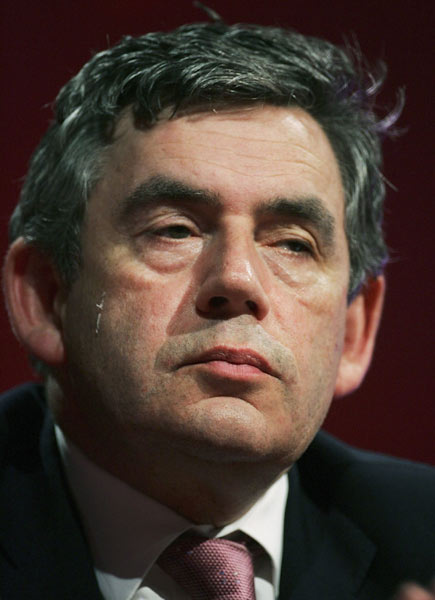Brown uses control of UK Banks to increase lending

Using his government’s control over two of the largest banks in the UK, Prime Minister Gordon Brown will cut the price of loans to small businesses and homeowners, along with curbing the pay of the directors.
The Prime Minister told at a Downing Street news conference that: “For savers, for small businesses, and for homeowners, we must in an uncertain and unstable world be the rock of stability on which the British people can depend.”
The Treasury intends spending £37 billion buying controlling stakes in Royal Bank of Scotland Group and HBOS, as well as a smaller stake in Lloyds TSB Group. In case the Lloyds-HBOS merger comes through, 41% of the new ‘superbank’ would effectively be owned by the public. However, till that happens, the Government will take 58% of HBOS and 30% in Lloyds TSB.
The announced move gives the government control over banks that have one-third of the UK’s mortgages by value, and one-third of the country’s bank branches.
According to the Treasury, the arrangement requires the banks to offer help to homeowners struggling to pay mortgages, cancel board-level bonuses this year, and accept government-appointed non-executive directors. In fact, dividends to shareholders won’t be paid until the government redeems preferred shares it takes in the banks.
In his confirmation statement that the Treasury will use billions to buy fresh capital, Brown said: “The Government can not just leave people on their own to be buffeted about”, hoping that the proposed measures will be popular with taxpayers and voters.
In addition, for at least three years, banks also will have to resume lending to customers “at 2007 levels”. Banks approved 32,000 new mortgages in August, only a third of the 104,000 monthly average during 2007.
Martin Lewis, whose website, MoneySavingExpert.com, has more than 5 million viewers each month, reacted to the news, saying: “Wow, those were hot levels. That means secured loans costing half their current rates.”